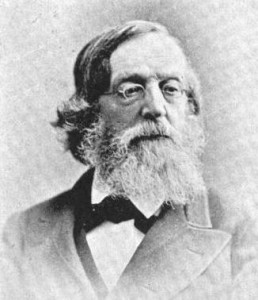These all come from David Congdon’s excellent response to Calvin College professor James K. A. Smith’s critique of the new universalism:
- Lay bare your hermeneutical presuppositions. When you confront the conflict between universalist and dualist texts in scripture, what drives your interpretive conclusions?
- Explain the relation between Christ and salvation. Is there a difference between reconciliation, salvation, redemption, and other concepts? In what sense is Jesus our savior? What is the relation between past, present, and future? Is salvation finally realized in the cross and/or resurrection, in a pretemporal act of election, in the present-tense decision of faith, in some future eschatological act of God, or in some other way?
- Get your terminology and distinctions correct. Christian universalism is different from pluralistic universalism, but evangelical universalism is not the only version of Christian universalism. There are various ways of articulating a Christian universal salvation, and the evangelical model is not the only “new universalism.” If this is news to you, then start to read up on the debate before you make pronouncements that might come back to hurt you.
- Stop with the overly simplistic and superficial dichotomies—for example, exegesis vs. theology, text vs. hermeneutic, love vs. justice, particularity vs. universality, grace vs. judgment, etc. These are the theological equivalent of biblical proof-texting. They are a sign of, to borrow from Eberhard Jüngel, an “unwillingness to read and an inability to think.”
- Recognize the distinction between the old and new universalisms—but don’t treat it as a meaningless distinction. Recognize that the differences are crucial, that the basis for the new universalist claims is not the same as before. But at the same time, open yourself to seeing ways in which even the older liberal universalists were a lot more biblically- and theologically-nuanced than perhaps you were led to believe. Not every liberal universalist is a Unitarian, in case that’s news to you.
- Finally, for the love of God, please stop breaking out the old rusty hatchet that claims universalists are unwilling to be disciplined by scripture or that they do not recognize the authority of scripture. This is bogus and frankly offensive. It impugns the faith of brothers and sisters in Christ and shuts down any possibility of meaningful dialogue.











